Search
Search Results
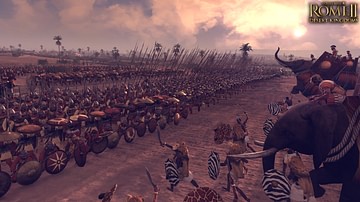
Definition
Kingdom of Nabatea
The Nabatean Kingdom was a powerful political entity which flourished in the region of modern-day Jordan between the 4th century BCE and c. 106 CE and is best known today for the ruins of its capital city of Petra. Although it is clear that...
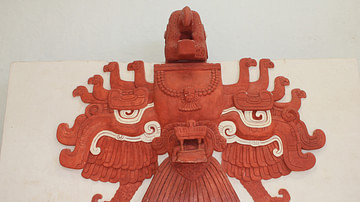
Definition
Popol Vuh
The Popol Vuh is the story of creation according to the Quiche Maya of the region known today as Guatemala. Translated as `The Council Book', The Book of the People' or, literally, `The Book of the Mat', the work has been referred to as "The...
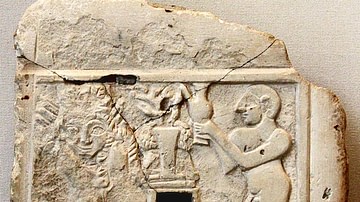
Definition
Ninhursag
Ninhursag (also Ninhursaga) is the Sumerian Mother Goddess and one of the oldest and most important in the Mesopotamian Pantheon. She is known as the Mother of the Gods and Mother of Men for her part in creating both divine and mortal entities...

Definition
Eridu Genesis
The Sumerian Flood Story (also known as the Eridu Genesis, The Flood Story, Sumerian Creation Myth, Sumerian Deluge Myth) is the oldest Mesopotamian text relating the tale of the Great Flood which would appear in later works such as the Atrahasis...

Definition
Tale of Genji
The 'Tale of the Genji' or Genji Monogatari, written in the 11th century CE by Murasaki Shikibu, a court lady, is Japan's oldest novel and possibly the first novel in world literature. The classic of Japanese literature, the work describes...

Definition
Science
The term science comes from the Latin word scientia, meaning "knowledge". It can be defined as a systematic attempt to discover, by means of observation and reasoning, particular facts about the world, and to establish laws connecting facts...

Definition
Ancient Jordan
Jordan is a country in the Near East bordered by Israel, Syria, Iraq, and Saudi Arabia. The country's name comes from the Arabic Al Urdun, referencing a fortified site but also meaning "prominence", though various sources also claim the name...

Definition
Isaiah
Isaiah was one of the major prophets of ancient Israel. Isaiah is Hebrew for "God is salvation." Isaiah is one of the longest prophetic books (66 chapters). Originating in the 8th century BCE, it was updated at least twice, in the 7th and...
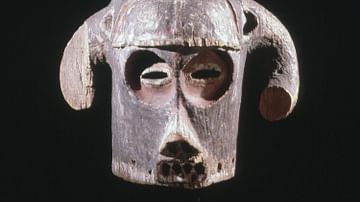
Definition
Kingdom of Luba
The Kingdom of Luba, located in central Africa, thrived from the 15th to 19th century CE and was the first such state in the Congo basin. Skills in ironworking and trade along the Lualaba river in such metals as copper permitted the Luba...
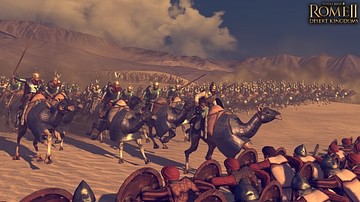
Definition
Kingdom of Saba
Saba (also given as Sheba) was a kingdom in southern Arabia (region of modern-day Yemen) which flourished between the 8th century BCE and 275 CE when it was conquered by the neighboring Himyarites. Although these are the most commonly accepted...